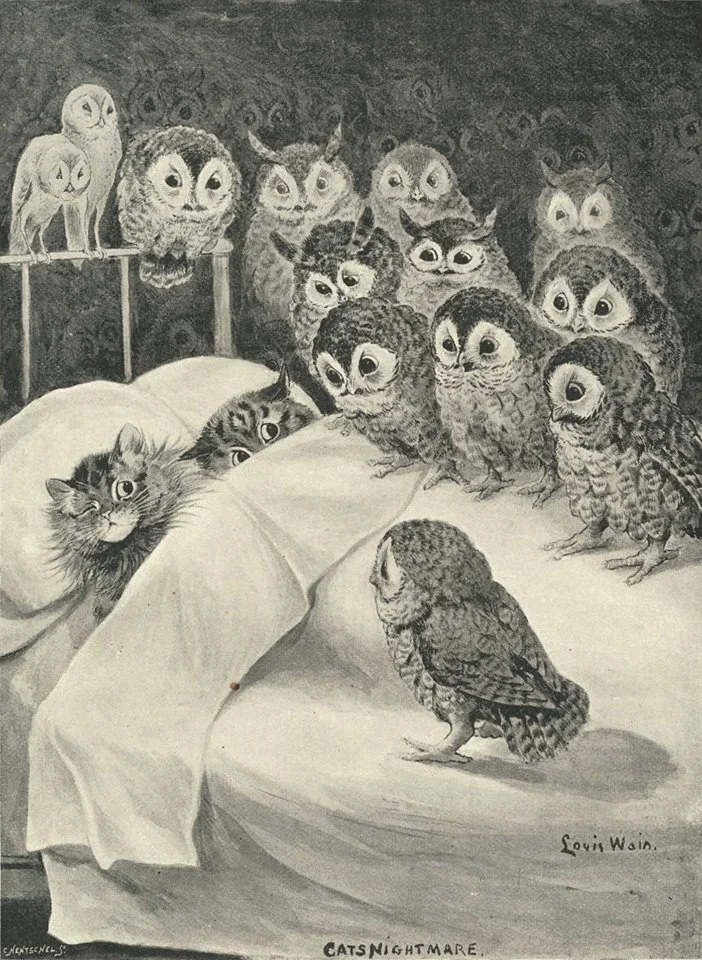Abstract
Critiques of intersectionality as an additive and simplistic model of understanding identity politics has led to calls for renewed concepts that better grasp the complexity and potential of shared struggle. In this article, we contend that the experiences of activists attempting to practice an intersectional human and animal rights politics are a crucial yet overlooked resource in the development of such conceptual imaginaries and ethical practice. Drawing on an historical case study conducted with activists involved in the 1990s anarchist collective ‘One Struggle’ in Israel/Palestine, we argue that an ethic of shared human and animal rights struggle cannot be separated from place-based and embodied politics. We show that activists cultivating intersectional politics in practice must negotiate affective forces of discomfort, alienation and exhaustion that wear down and constrain the potential for intersectional coalitions and joint struggles. These affects are generated through state disincentives, violence the cultural politics of nationalism and incommensurable differences. In this context, intersectional politics are a precarious achievement, dependent on the capacities of activists to continue to compromise and negotiate affectively charged encounters in everyday settings. To better capture the precarious, contingent and provisional nature of animal and human rights activism, we therefore propose the concept of ‘actually existing intersectionality’, illustrating how intersectionality is retheorised via emplaced, embodied activist practices. In so doing we make visible the work through which intersectional politics coheres through negotiation by actors in particular places and times.


If you’re referring to the abstract, unfortunately that’s how they’re normally written.